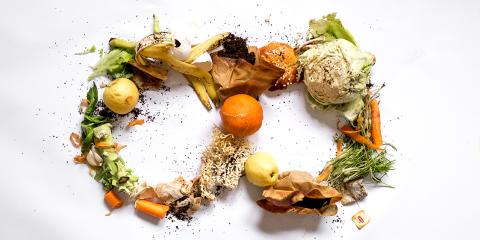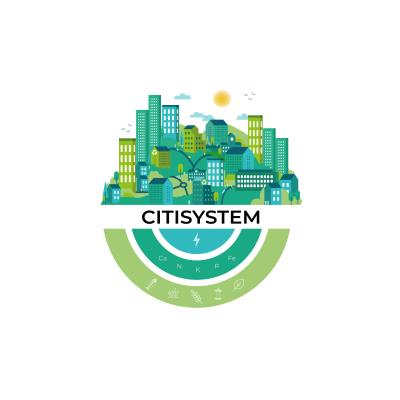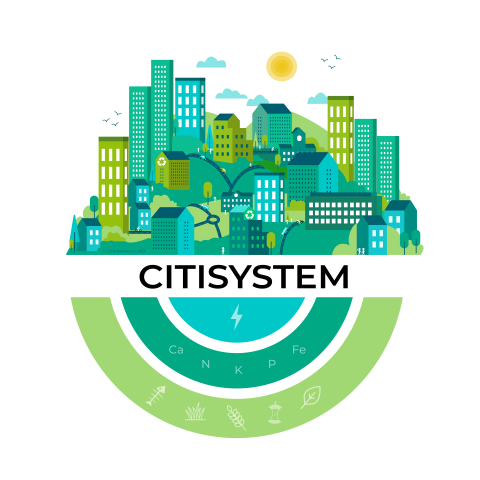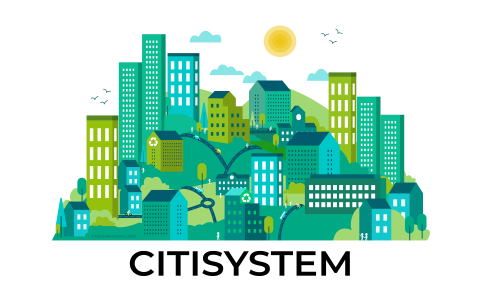Project summary
The challenging energy and resources situation has highlighted the importance of supporting the utilisation, circulation and recovery of biobased resources. CITISYSTEM partners share the desire to develop biobased circular economy on system and stakeholder levels in cities.
The system-level solutions are crucial, however, without active communities, they cannot function. System-level solutions include effective and innovative ways to organise policies to support circular biobased economy through the utilisation of bioresources (e.g., separate biowaste collection, production of biogas and recycling nutrients). Regions face challenges to involve the community in the circular scheme. In some regions, systems are partly working, however, biowaste, mainly food and garden waste, is still not widely processed in the most effective ways.
Activities
The activities of CITISYSTEM include regional and interregional exchange of experience and capacity building to support the improvement of policy instruments. Through the exchange of good practices, the regions will be better equipped to develop systemic biobased circularity and together with their communities make use of valuable resources. The partners will increase their knowledge through policy discussions, site visits and online thematic webinars that form the basis for joint policy development.
CITISYSTEM Partnership
- LAB University of Applied Sciences (Lead partner)
- City of Lahti (Finland)
- Technical University of Košice (Slovakia)
- BSC, Business support centre L.t.d., Kranj (Slovenia)
- City of Mechelen (Belgium)
- Regional Development Fund of Central Macedonia (Greece)
- CERCA Institute-Catalan Research Centres Institute (Spain)

Watch our first project video!
From 2023 to 2027, CITISYSTEM is supporting cities in circular bioeconomy systemic change. Through the exchange of knowledge, experiences, and existing good practices, participating cities and regions are developing local policies to support the circulation of bioresources and optimize biowaste and biomass management to harness their full potential.
What will this project change
Seven partners from six diverse regions aim to support cities and related regional policies in increasing the potential of promoting regional biobased change to a circular economy. The focus is especially on increasing city-level actions and involving the community in understanding the importance of regional material, fertilizer and energy flows.
As a result of the project, partner regions will have developed knowledge, policies and practices on biobased circularity with a focus on biowaste management at the system and community levels. In addition, public awareness will be increased from a larger perspective to support the sustainability change.


.png?itok=mX2Fav1l)
